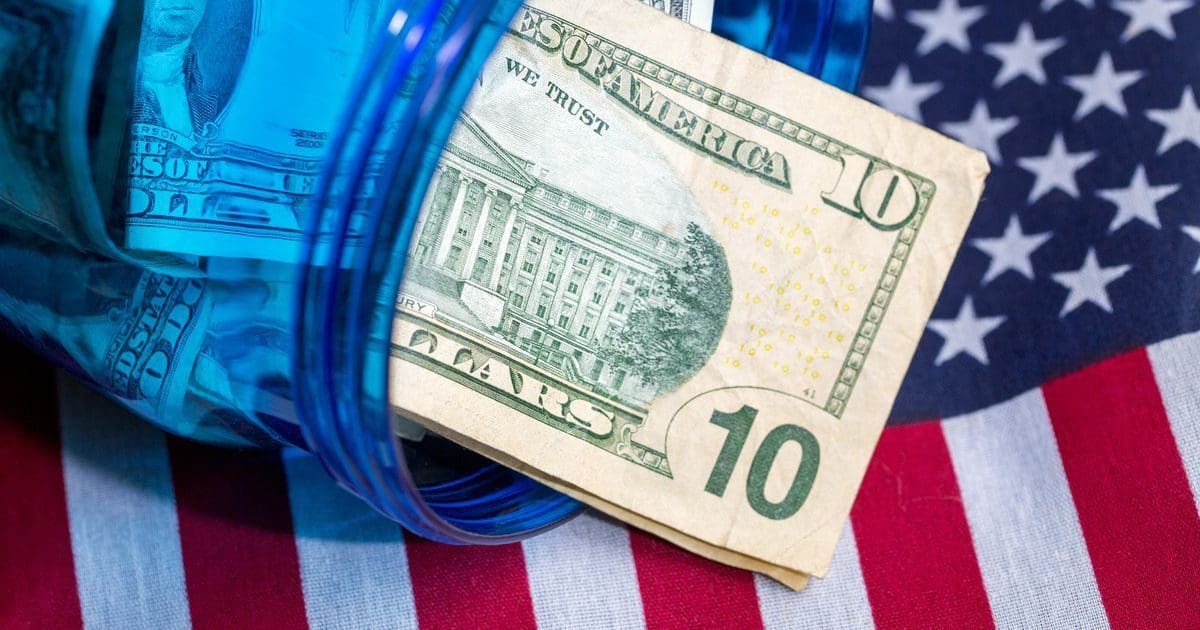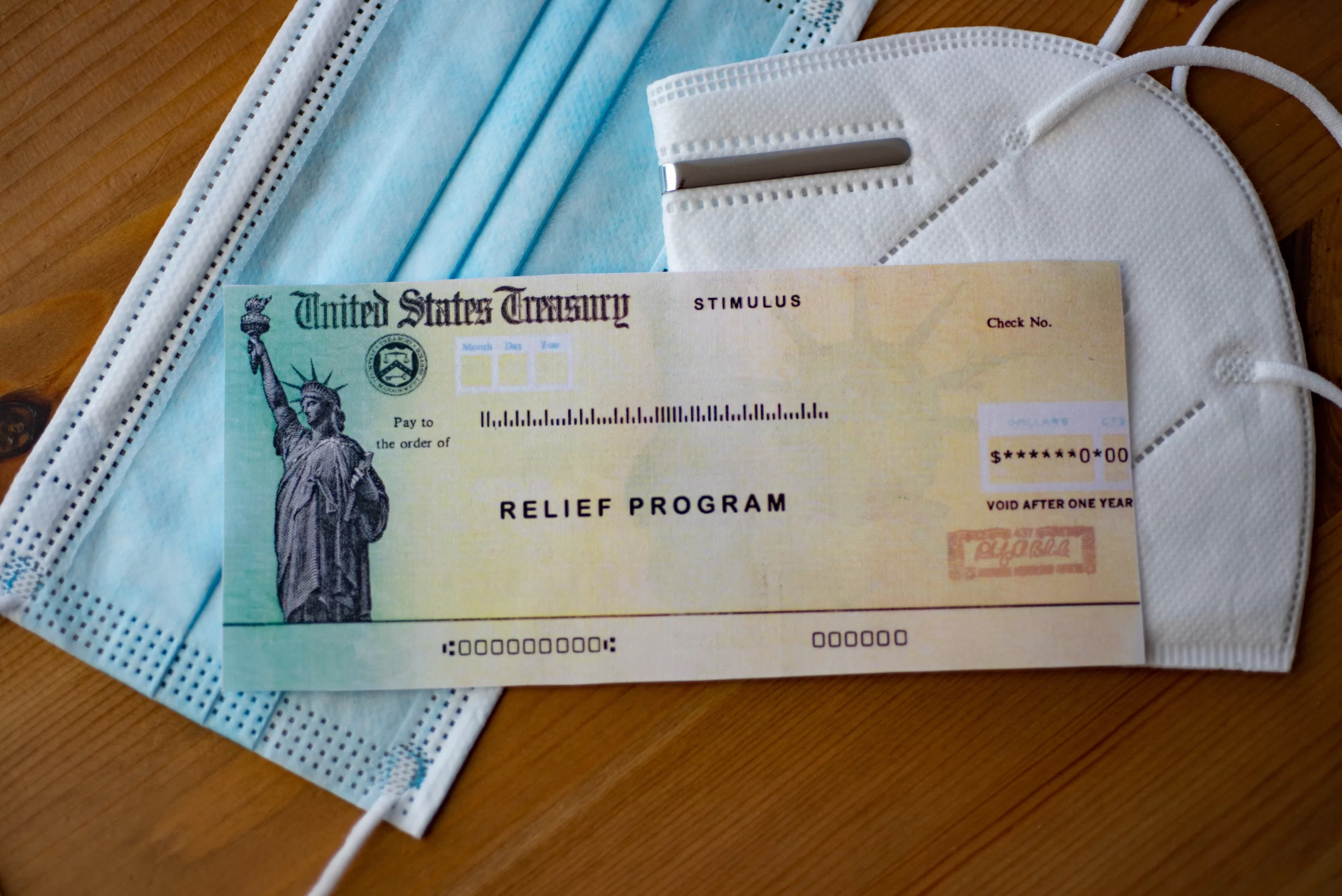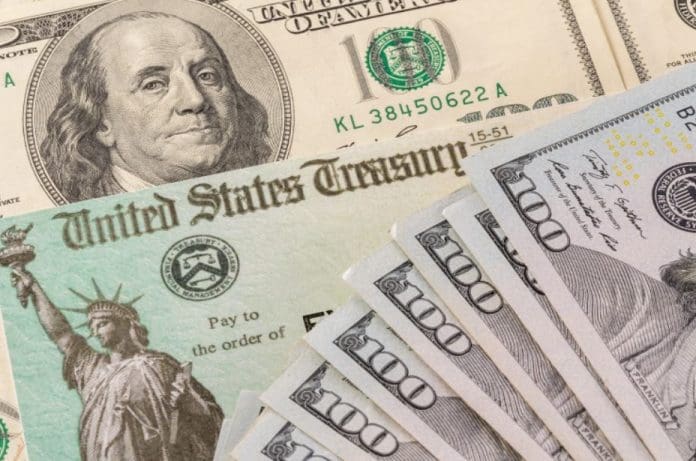Multiple state stimulus checks will continue into the next year as California moves towards the final phase of its inflation-linked tax relief payments and Colorado tax rebates are expected to continue through January 2023. In Idaho, Governor Brad Little has stated that residents who filed their income tax returns on time should expect to receive their special session tax rebates.
The Idaho Rebate Stimulus Checks were approved during a September special session of the state legislature as part of an approximately $1 billion package that was aimed at reducing the state’s record budget surplus, increasing education funding, and cutting taxes for residents.
Gov. Little said in an interview that almost everybody that did not file their income tax return late or had any complication, or have been flagged by the authorities soon should get their payments. The governor said that he hopes that the Idaho State Tax Commission will complete its task of sending out all pending rebates for all who have filed their income tax returns on time and have direct deposits.

In the days leading to the last quarter, the governor and his legislative members had touted that they would quickly send around $500 million in tax rebate stimulus checks to residents.
Officials with the tax commission began the process and issued the first rebates by the beginning of the last quarter, as revealed by Renee Eymann, the Idaho State Tax Commission public information officer. She said that the limitations in the system have prevented the state administration to issued all the tax rebates at once.
The first payment to be sent out was through direct deposit and around 60,000 could only be issued each day. The rebates that went through paper checks were also limited to around 75,000 per week.
The amounts of the Idaho stimulus checks are based on the 2020 state income tax return information on file at the time of issue of the rebate. The amount of the 2022 Special Session rebate will be either of the two amounts whichever is greater. $300 for individual income tax filers that include head of household and qualifying widow or widower and married but filing separately.
10 percent of the total tax amount as reported on line 20 of Form 40, or line 42 of Form 43 for eligible service members who use that form. The amount of the 2022 rebate, whichever is more. Either $75 of the taxpayer and every dependent or 12% of the tax amount as reported on line 20 of Form 40
Although the governor had hoped that most residents without any tax complications should be paid by November 4, for some Idahoans that wait is set to spill over into 2023. Also, some residents are waiting for a stimulus check from an earlier round of payments that Governor Little signed back in February.
The Idaho stimulus check was sent out to anyone who was a full-year resident in 2020 and 2021 and who also filed an Idaho individual return or a Form 24 for those years. non-resident Idahoans and part-time residents are not eligible for the stimulus check.
Elaborating on the definition of a full-time resident, the administration has described a full-year resident is either someone who keep a home in Idaho for the entire year and spends over 270 days of the year in the state. they can also be someone who is domiciled in Idaho for the entire tax year.
Domicile is the place a filer has their permanent home and where they intend to return whenever they are away. It is the place that is the center of their business and personal life. If a filer is stationed in Idaho on active military duty, they would be considered a resident of the state where they are domiciled.
Residents should file their state income tax returns for 2020 and 2021 by December 31 this year to be eligible for the state rebates. Taxpayers who have provided valid bank information when filing their income tax returns for the state for
Colorado Cash Back Stimulus Check Program
Colorado has been among the most generous of states that issue stimulus checks. The Centennial State mailed a $750 payment to individuals and double that for married couples who filed jointly.


Many families in Colorado continue to feel the debilitating impact of the pandemic and the record inflation that followed. And the states decided upon the direct payment mode as it was the most impactful method in their opinion to support individuals and families in the state.
Most of the Colorado Cash Back payments are already in the check box of beneficiaries. Eligible filers who applied for the PTC Rebate or filed their state income tax return by June 2022 received their Cash Back by the start of the third quarter this year.
But filers who went for an extension in their filing and filed on the last date of October 17, 2022, will have to wait until January 2023 to get their payments. The Colorado Cash Back was the product of an amendment of the TABOR, the State Taxpayer’s Bill of Rights. It requires the government of Colorado to return excess state revenues. Originally the refunds were expected to be $400 per taxpayer but thanks to the strong economy of the state, the TABOR payments were almost doubled to $750 and $1,500 for individuals and married couples respectively.
Residents who are 18 years and above as on December 31, 2021, and have been a resident of the Centennial State for all of 2021 will be eligible for the stimulus check payments. They must also have filed their state income tax returns for 2021 within the stipulated date. Residents who filed their 2021 state returns but move out of the state this year are still eligible for the payments.
Even residents who do not own taxes or are claimed as dependent by someone else who has received a check are still eligible if they have filed their 2021 state returns by the last date of October 17 this year. This is possible because the TABOR payments are not income tax returns but sales tax returns, said a spokesperson of the revenue department.






